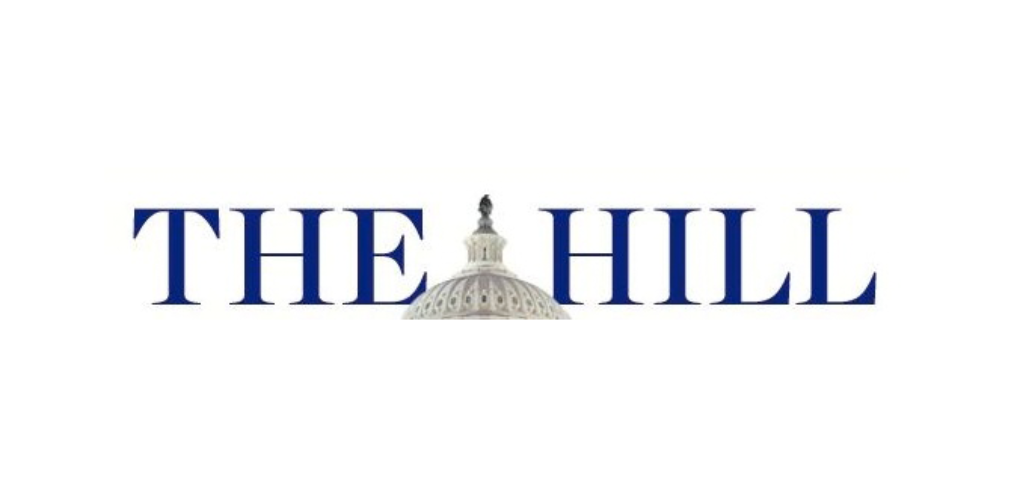
Public lands at risk
I grew up on a produce farm on the outskirts of Salt Lake City, Utah. It was my playground, and our family’s livelihood. From a very young age I had a deep reverence for the land and the great outdoors. As an adult, I appreciate it even more. Luckily, here in Utah we have many national parks and other beautiful places close by to enjoy, including Bryce Canyon and Zion National Park. My husband and I have always been avid campers and when our children were born, we were adamant about teaching them to love camping, too. We knew it was important for our children to understand their natural world and develop an affinity for stewardship that we had when we were young.
Now, many of those lands we’ve all enjoyed for decades are under threat.
For the last 50 years, the Land and Water Conservation Fund (LWCF) has protected our nation’s revered public lands and thousands of urban parks and facilities. More than just recreational destinations, these lands are a vital pillar of our culture and the backdrop to our country’s dynamic, multicultural past. It often goes unrecognized, but in places like Utah, Colorado, New Mexico, and Arizona, Latino families have ties to these lands that go back generations – dating back to the Spanish explorers in the 16th century, and even before. For them, LWCF means protection of sacred places and historic sites.
LWCF is a vital part of our collective American heritage that’s one of the most important legacies to be handed down to our children and grandchildren. Yet, in spite of its broad popularity and bipartisan support, Congress failed to reauthorize LWCF before it expired on September 30. Now the future of this program is in jeopardy.
As the House Natural Resources Committee considers how to move forward on this issue, it has an important opportunity to do the right thing for generations to come. Yet shockingly, Committee Chair Rob Bishop (R-Utah) has blocked a hearing of a clean reauthorization bill, H.R. 1814, which currently has 195 bipartisan sponsors. Instead, Bishop has put forward a non-starter proposal that will deal a deadly blow to this beloved conservation program.
While Bishop claims to support the goals of LWCF, his alternate proposal clearly benefits special interests that seek to drill and mine in some of our most sacred American landscapes. The first half of Bishop’s proposal unnecessarily micromanages LWCF and usurps the appropriations process. The second part takes money away from parks and from efforts to expand access to hunting and fishing, diverting those funds to subsidize oil companies for “oil worker training.”
But funding oil companies is not what LWCF is about. Over the past 50 years, LWCF has worked and has benefitted nearly every American. The success of this single policy cannot be overstated. Without costing taxpayers a single dime, LWCF has supported more than 40,000 state and local park projects, baseball diamonds, and other community green spaces.
Between 2011 and 2014 alone, LWCF funds opened access for hunters, anglers, hikers, and campers to 322,000 acres of public lands, creating thousands of new places for everyone to enjoy. This is especially important for underserved communities in urban areas where access to outdoor recreation is limited, and state and local funding which are often on the chopping block – if they exist at all.
LWCF is also vital to our economy. My state alone earned $7.5 billion in 2013 just from the tourism dollars that the outdoors attract. As a representative of Utah, Bishop is at odds with his own state’s efforts to generate tourism and the state’s heritage and spirit of the outdoors.
With so much at stake, it’s disappointing that Congress — led by a few, powerful voices — did not reauthorize LWCF before it expired.
By sending H.R. 1814 to a vote, the House Natural Resources Committee can take the first step to make permanent the authorization for LWCF. And by making LWCF permanent, Congress can fulfill one of its most important missions: ensuring that all Americans can reap the benefits of this great land.
Let your representatives know you oppose Bishop’s proposal. Encourage them to support the common good. Don’t let the extreme agenda of one congressman pick apart a program that benefits your state and our children’s access to the great outdoors.
Chavez-Houck is Democratic Whip in the Utah State House of Representatives, and Advisory Board member to Hispanics Enjoying Camping, Hunting & the Outdoors (HECHO).
Original post can be found here: http://thehill.com/blogs/congress-blog/energy-environment/260369-public-lands-at-risk
